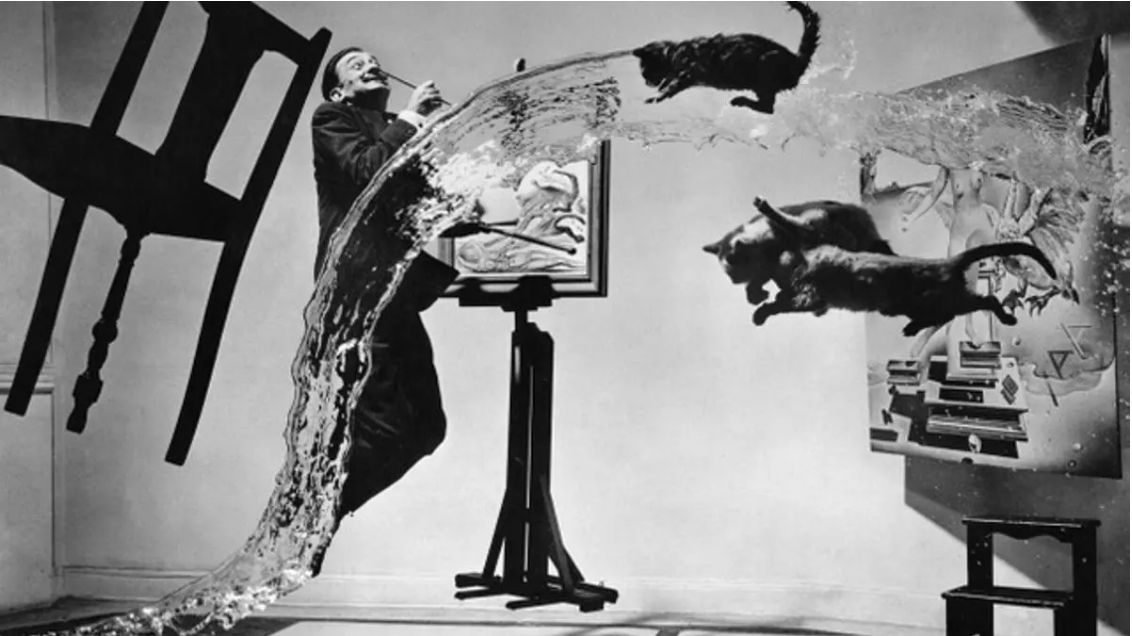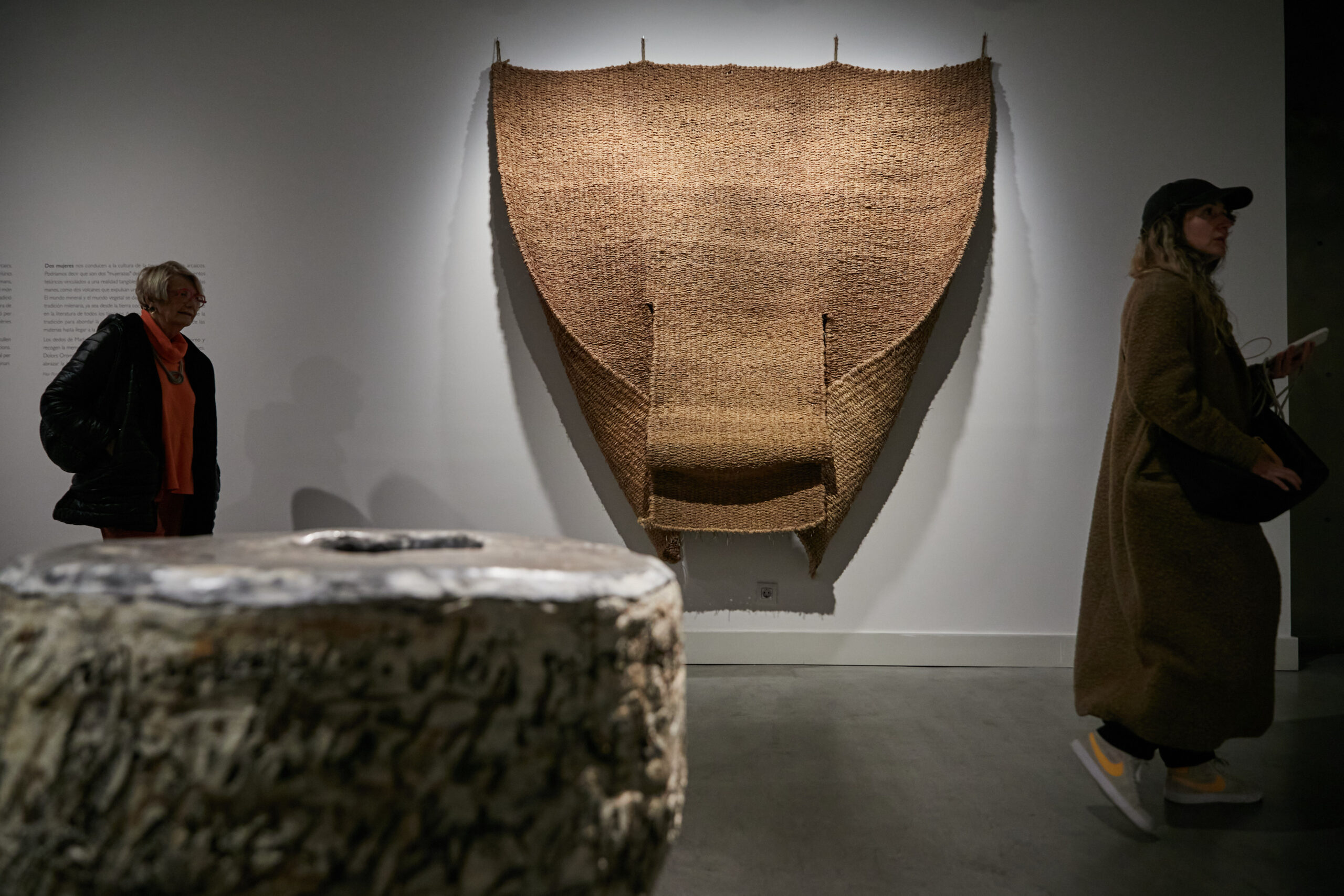London Art Week, summer 2017 will start on 30th June (special preview evening on 29th June, by invitation only) with a glittering array of special exhibitions hosted across more than forty of the capital’s most prestigious galleries and three leading auction houses. With masterpieces from seven millennia and works ranging from priceless antiquities to the leading names in modern art, London Art Week presents the best the capital has to offer, complete with special events and art experts on hand to share their specialist knowledge and advice.
Highlights from an outstanding selection of exhibitions include Master Draughtsmen of the Venetian Settecento: Drawings by the Tiepolo at Stephen Ongpin Fine Art; a ‘once in a lifetime’ exhibition of 22 drawings by the great 18th century Venetian masters, Giambattista and Giovanni Domenico Tiepolo, including studies for Giambattista’s renowned ceiling frescos. To coincide with the Centenaire Rodin, Daniel Katz will present The Romantics to Rodin, a survey exhibition which looks at the development of sculpture in France through the work of leading artists, including Théodore Gericault and Auguste Rodin – the latter with one of his most celebrated sculptures of the 1880s. At Rountree Tryon Galleries Ltd an exhibition of paintings by British masters of sporting art, including George Stubbs and Alfred Munnings will be on view in Masters of The Field.
Exceptional works with remarkable stories are to be found at a host of participating galleries during London Art Week. This includes The Marriage of Bacchus and Ariadne by Guido Reni, a fragment from the monumental painting commissioned for the wife of King Charles I, the painting has survived as two fragments of the original work, one of which will be on show at Moretti Fine Art. Two delicate 18th Century wax sculptures by Patience Wright are exceptionally rare examples of work by one of America’s first female sculptors, on view at Ben Elwes Gallery. Lowell Libson Ltd will be showing The City of God a rare painting by John Martin, executed whilst working on his most important late ‘Judgement’ series – all of which are now in the Tate.

